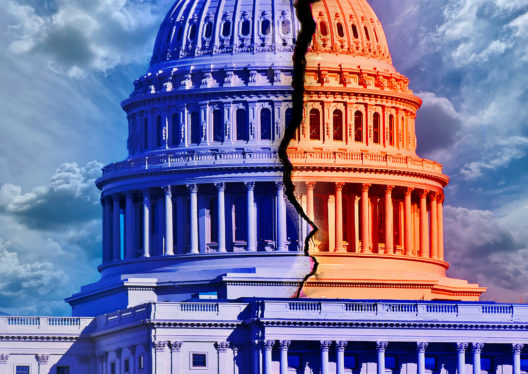
Enlarge (credit: Douglas Rissing)
Many Americans have been shocked by the frequency with which people who claim to love our democracy have supported blatantly undemocratic efforts to limit people’s ability to vote or to selectively discard votes already cast. Unfortunately, this sort of democratic backsliding is far from a US-specific problem. Despite widespread support for democracy in countries like Venezuela and Hungary, people have turned out in large numbers to vote for autocrats.
A new study performed in the US suggests at least one explanation for the problem: People across the political spectrum appear to believe their political opponents are likely to take anti-democratic action if given the opportunity. And the strength of this belief correlates with a slightly increased willingness to take those actions first.
Nobody says they like this stuff
The finding, from a University of California, Berkeley-Massachusetts Institute of Technology collaboration, is based on demographically representative survey populations, which were asked about several potential anti-democratic actions. For example, those surveyed were asked if they agreed with reducing the number of voting facilities in towns that support the opposing party. Similar questions got at things like banning rallies, limiting freedom of expression, ignoring court rulings, or resorting to violence. After being asked for their own opinions, people were then asked whether they thought their political opponents supported these anti-democratic approaches.
Read 11 remaining paragraphs | Comments

